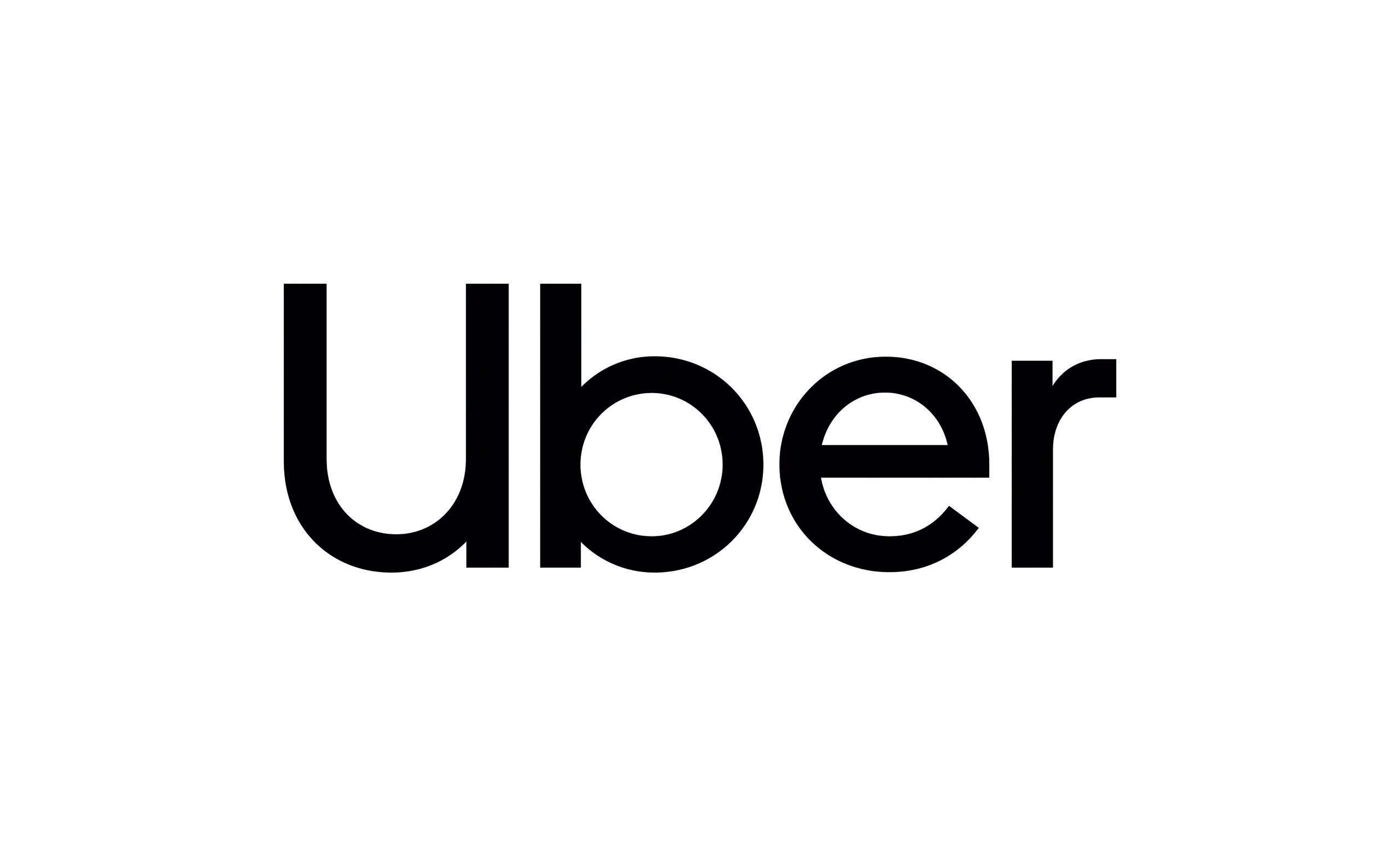
Ali Haydor has been driving a private hire vehicle, picking up passengers around the cities and towns of England’s south coast, for almost two decades. “I actually started in 2003 in Brighton, where I used to live,” he says, “before I moved to Southampton.”
Two years ago, having worked for various minicab firms, Haydor began driving with the Uber app. “I’d heard a lot of positive stuff about the company, but also a lot of negative,” he admits, “but I thought I’d just try it out.”
The 40-year-old is a representative of the GMB trade union, one of the largest member organisations in the country, representing more than half a million workers across nearly every industrial sector. Last year, the union announced a ground-breaking recognition deal with Uber. The recognition agreement covers around 80,000 drivers.
The union has negotiated improved terms and conditions, and has a forum to voice drivers’ concerns with Uber’s leadership team on a regular basis.
“I’ve always been a firm believer in trade unions,” Haydor is keen to point out. In various jobs, from working in offices to his private hire cabs, he has been a union member since the age of 16. “I believe in the union’s collective approach and togetherness. It improves the conditions of drivers like myself, working on platforms, helping us make sure we have decent jobs that give us a good quality of life.
Since its launch in the UK in 2012, the ride-sharing app has attracted its share of critics. Some had concerns over the treatment of drivers, who (like those in the taxi trade) were classed as self-employed – as was typical in the taxi trade – and therefore ineligible for some of the benefits enjoyed by employees. The growth of the app came to symbolise what was known as the emerging “gig economy”, with people increasingly working autonomously and flexibly, often for themselves, or using mobile-based platforms to get short-term, un-unionised and ad hoc work.But Uber’s recognition agreement with GMB is a landmark in contemporary labour relations. Trade unions, historically concentrated in traditional industries and the public sector, had previously found it difficult to adapt to the new economy. “I think they realised that this is an area that they need to be in,” Haydor says of the union, “and that they need to be in there with a hands-on approach.”
GMB estimates there are currently 200,000 drivers working with other ride-hailing apps in the UK without the protections to which they’re entitled. Drivers tend to work in isolation, Haydor explains, which is why to date there wasn’t “much drive in terms of union recognition in our industry”. But that’s all changing now: “Since the recognition, a lot of drivers out there are not only joining the GMB, but they also realise that there is help available if they join.”
Since March 2021, all Uber drivers in the UK are treated as workers giving them access to holiday pay, a pension plan and a guarantee to earn at least the National Living Wage. It was two months later, that Uber and GMB signed the first trade union recognition agreement in the gig economy.
Haydor is clearly enthused by the terms reached between Uber and workers’ representatives from his union. “Along with those, drivers are also still able to choose the hours they want to work and the days they want to work, and also they get to choose the jobs they want to do. Now that is a proper agreement. It’s giving work-life balance, and full flexibility at the same time as good wages. Now you tell me what other workers’ contracts in the UK provide that flexibility at the same time as all the other benefits? There are none that I know of,” says Haydor.
Indeed, Uber is the only major app-based operator in the UK to now treat its drivers as workers as opposed to self-employed, and the company is driving up standards across the industry. In addition to the flexibility and social protections Haydor lists, Uber also provides a range of benefits for drivers on the app. Drivers have access to a “new parent” payment upon the birth of a child, and they can access free Open University courses, as can their families. They also have access to language classes, subsidised gym memberships, and cheaper financing deals to switch to an electric vehicle. Eligibility criteria may apply.
The gap between public perceptions of the company’s treatment of drivers and drivers’ actual perceptions persists, however. Last year, research by Public First found that almost two-thirds of Uber drivers had a favourable opinion of how the company treats them, while only 20 per cent of the public thought the same.
“The working relationship between the company and the union is excellent,” Haydor says, adding that this is partly because there is a mutual interest. He believes the company is listening to concerns that the union is raising, and by extension, giving its time to the drivers. “And that’s important. Because you don’t always expect a company that has previously had a certain set-up to change something that had been working for them,” he adds.
After 20 years in the taxi and private hire business, and his whole adult life in trade unionism, Haydor is more content with his working life than ever. It might seem incongruous that a lifelong labour organiser would speak so positively about their place of work, but Uber is, he says, on balance, “the best company I have worked [with]”.
Read more: “I learn something new on every trip”



